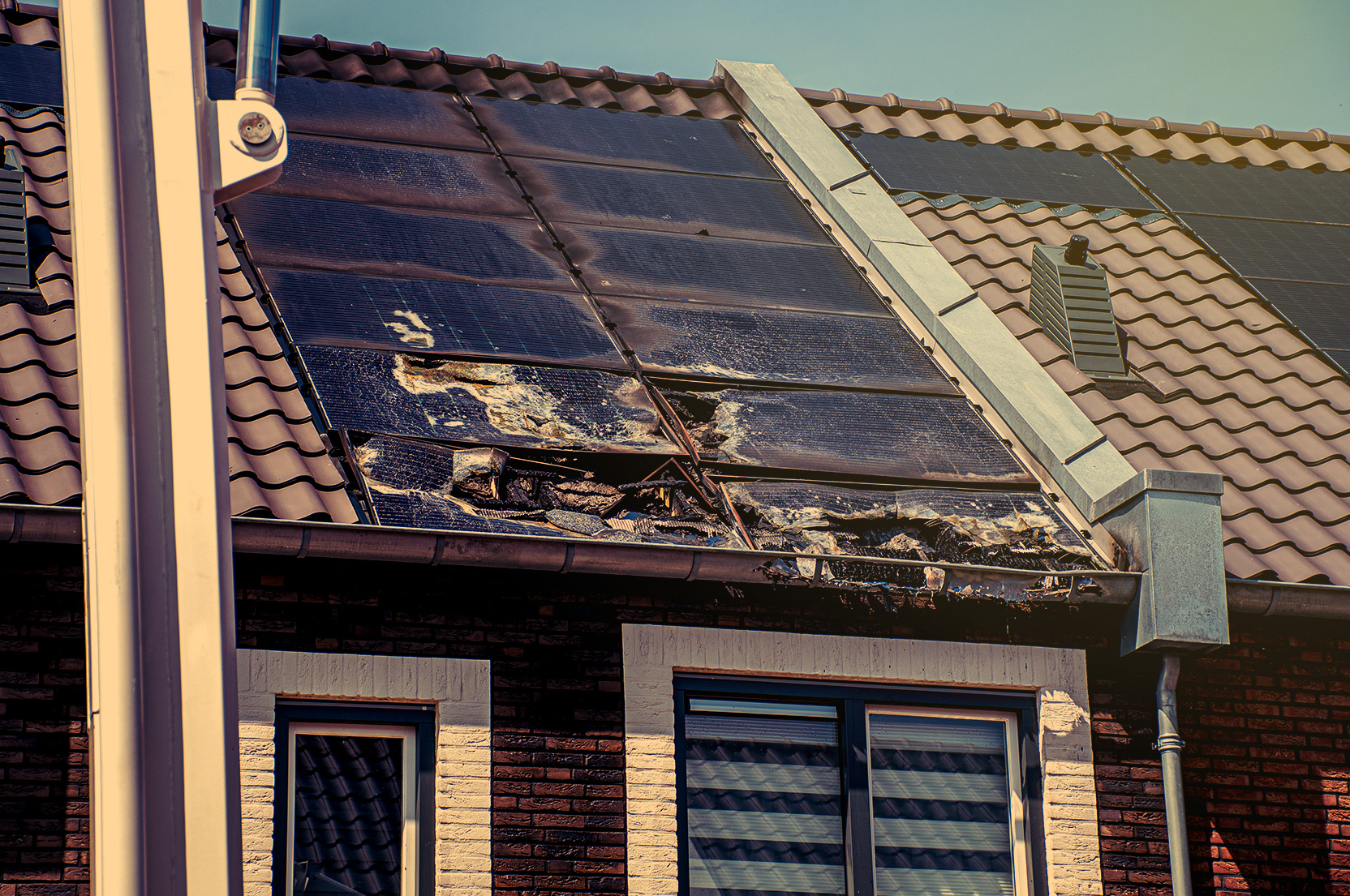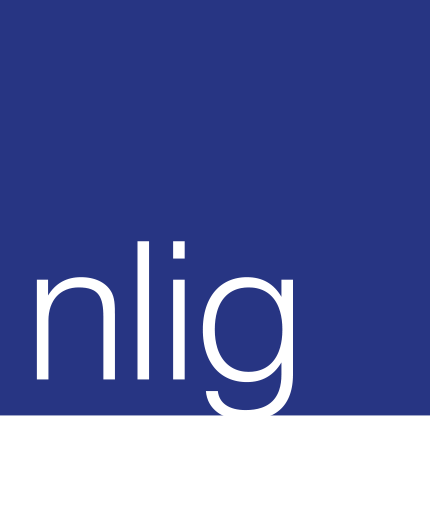Regular maintenance is essential to avoid solar panel fire risk

The risk of solar panel fires has risen six-fold in recent years1 as a result of poor installation and lack of ongoing care. Here, we explain why it is essential to choose the right product and installer, and carry out regular testing and maintenance.
Solar panels (also known as photovoltaic - PV) are commonly used on the roofs of a growing number of domestic and commercial buildings. More than 190,000 were installed in 2023 during the cost-of-living crisis, due to their energy efficiency.
A common misconception is that solar panels require little or no maintenance, and many people overlook the need for regular checks. As with any electrical system, however, a PV system needs ongoing maintenance to ensure its safety and efficiency.
A growing risk
The government recommends that solar panels should be installed by a qualified electrician and the work approved by the local council. With unqualified installers unaware of the regulations, panels are often installed incorrectly and left to deteriorate.
As a result of poor product quality, installation and maintenance practices, there has been an increase in the number of solar panel fires, with six times as many occurring in 2023 compared to ten years ago1.
Safe installation
It’s advisable to follow these guidelines, when installing your solar panels:
- Choose a registered installer, ideally MCS-certified (Microgeneration Certification Scheme), who understands the required industry standards and uses only approved products to ensure their quality and safe performance.
- When solar panels are installed, the installer must provide a PV Operation & Maintenance (O&M) manual, which outlines the care and maintenance routines tailored to your system. (If you don’t have the manual, you can refer to BS EN IEC 62446-2 or follow the manufacturer’s instructions.)
- A traditional solar panel installation generates high voltage electricity of up 600v DC, which is prone to arcing, a common cause of fire. It’s recommended that you replace the single string inverter with a micro inverter, converting the output to a safer 230v AC.
Regular testing
Regular inspections and maintenance are essential to ensure the system is safe and functioning well, reducing the risk of electrical and fire hazards. A competent electrician, with knowledge of the system, should inspect your solar PV system at least once a year and produce a detailed report, recording any issues and categorising how urgently they need to be fixed in the O&M manual.
Guidance on how to properly inspect and test systems, ensuring compliance with the Electricity at Work Regulations, is outlined in the standards:
- BS 7671 (Requirements for Electrical Installations)
- BS EN IEC 62446-2 (Photovoltaic (PV) Systems: Requirements for testing, documentation and maintenance: Part 2: Grid connected systems: Maintenance of PV systems).
Don’t ‘set and forget’
Solar panels require ongoing care and attention, with regular maintenance and testing essential for their long-term safety and efficiency. To make the most of your solar energy, ensure its longevity, and reduce the risk of fire, it’s advisable to schedule regular checks and update any components as recommended by the experts. Adherence to safety standards and professional installation are key.
To discuss any aspect of your home or property insurance - whether you require a quotation or renewal, or wish to advise us of any changes - please talk to us and we will be pleased to help. Call the team at NLIG on 01992 703 300 or email us at insurance@nlig.co.uk
Sources
1 independent.co.uk: Fears over solar panel safety as number of fires rises six-fold

